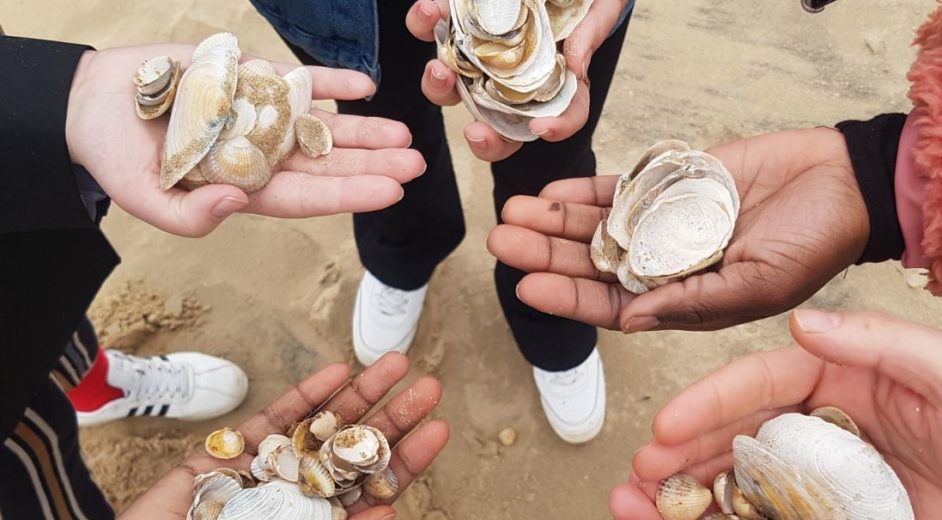Nordplus project making Halland and Ostrobothnia more attractive
By Kristina Wall at the Swedish Council for Higher Education
Over the last three years, Osbeck upper secondary school in Laholm, Sweden, and Vamia in Vasa, Finland, have participated in a Nordplus project. Students studying hotel and tourism programmes have worked on promoting the visitor industry in Halland and in Ostrabothnia.
Their project, “Tur och retur – som konsument och producent”, which translates as “There and back – as consumer and producer”, primarily aims to improve the attraction power of visitor industry work and training in Halland and Ostrabothnia.
“Finland is not the first choice of destination for the Swedish students, but this came naturally because we have cooperated with Vamia before. The project was really successful and exceeded the students’ expectations,” says Lars Knutsen, who teaches on the Hotel and Tourism Programme.
Fulfilled several learning outcomes
The participating students used a sustainability perspective in their studies of the visitor industry in their hometown and that of their partners. Uniquely, the students have Unesco heritage sites close by – Kvarken Archipelago (Finland), Kronborg Castle (Helsingør, Denmark) and Grimeton Radio Station (Halland, Sweden).
“The project planning included developing tourism in both places. “The students studied the world heritage sites and proposed further developments,” says Monika Hamilton, Hotel and Tourism teacher.
Work on the project covered many different areas of the students’ programmes. For example, they got to plan and organise travel:
“We could conduct our standard teaching more effectively,” says Lars Knutsen. “The project fulfilled practical learning outcomes on most of our courses.”
Before and after the pandemic
The Swedish students had time to visit Finland before the pandemic, for two weeklong stays, and the Finnish students visited Laholm once. The project plan included the Swedish students conducting learning in the workplace, which some of them completed before the pandemic meant the project had to be conducted remotely.
“One solution was that the students visited ‘their’ world heritage site and recorded audio-visual guides that we watched together, digitally,” says Monika Hamilton. “This worked surprisingly well. It allowed more teachers and pupils to participate in the virtual guided tours than were part of the project, and everyone who participated thought it was very inspiring.”
The students talked in English, though there were some culture clashes during the digital meetings, which were overcome:
“Despite being neighbouring countries, we have different cultures,” says Monika Hamilton. “For example, the Finnish participants thought they were bad at small talk. So the students had team meetings with each other without teachers being present, and prepared questions for each other in advance.”
There will be a concluding meeting in Helsinki this autumn, where the staff who participated in the project will evaluate and see how they can continue with potential new projects.
“This project would not have been possible without funding from Nordplus. We have received a lot of help from officers at the Swedish Council for Higher Education and had tips for what to think about when working remotely,” says Monika Hamilton.
